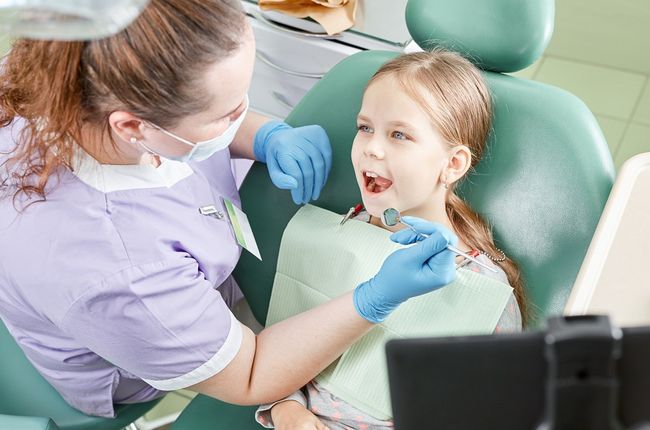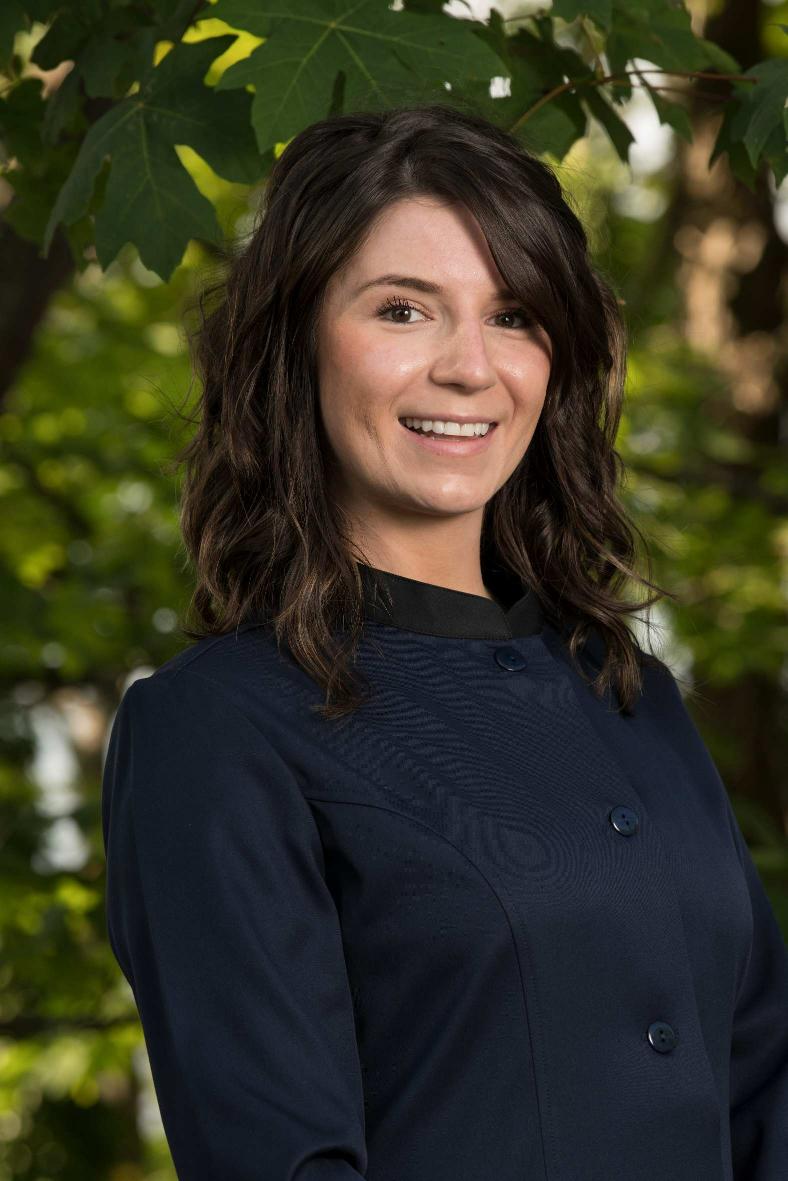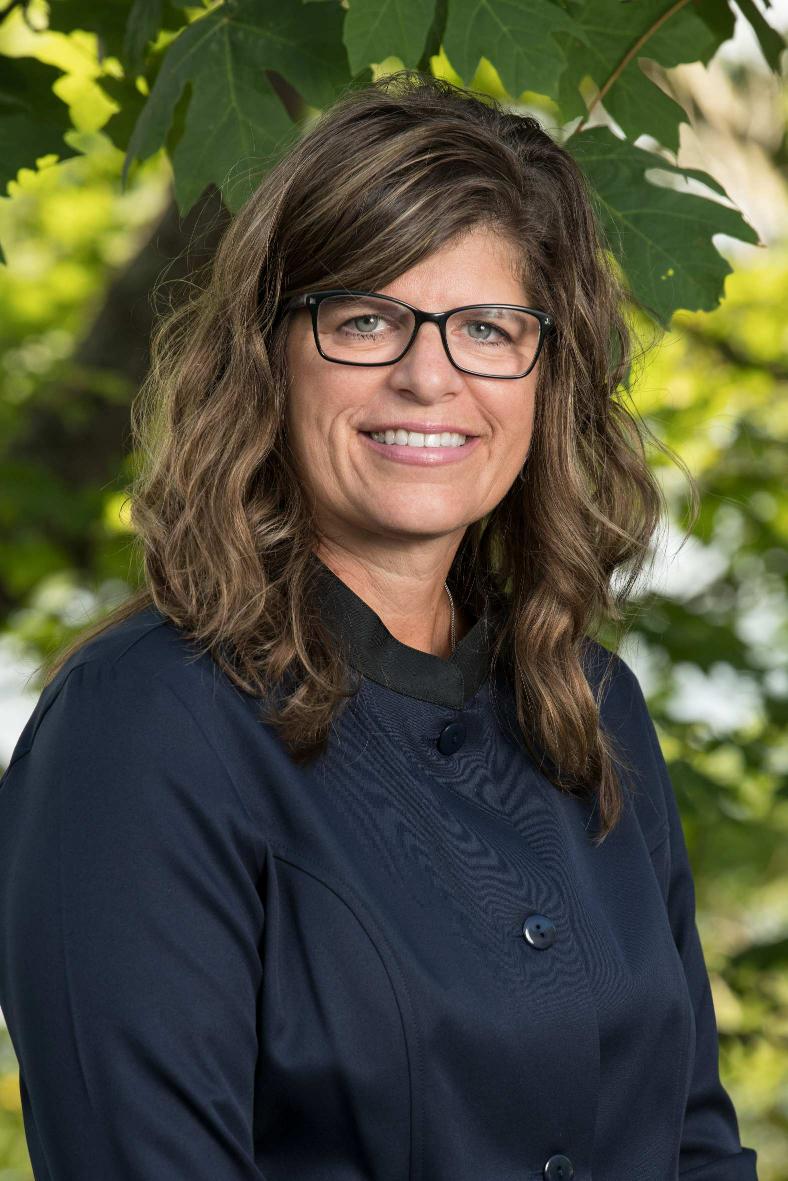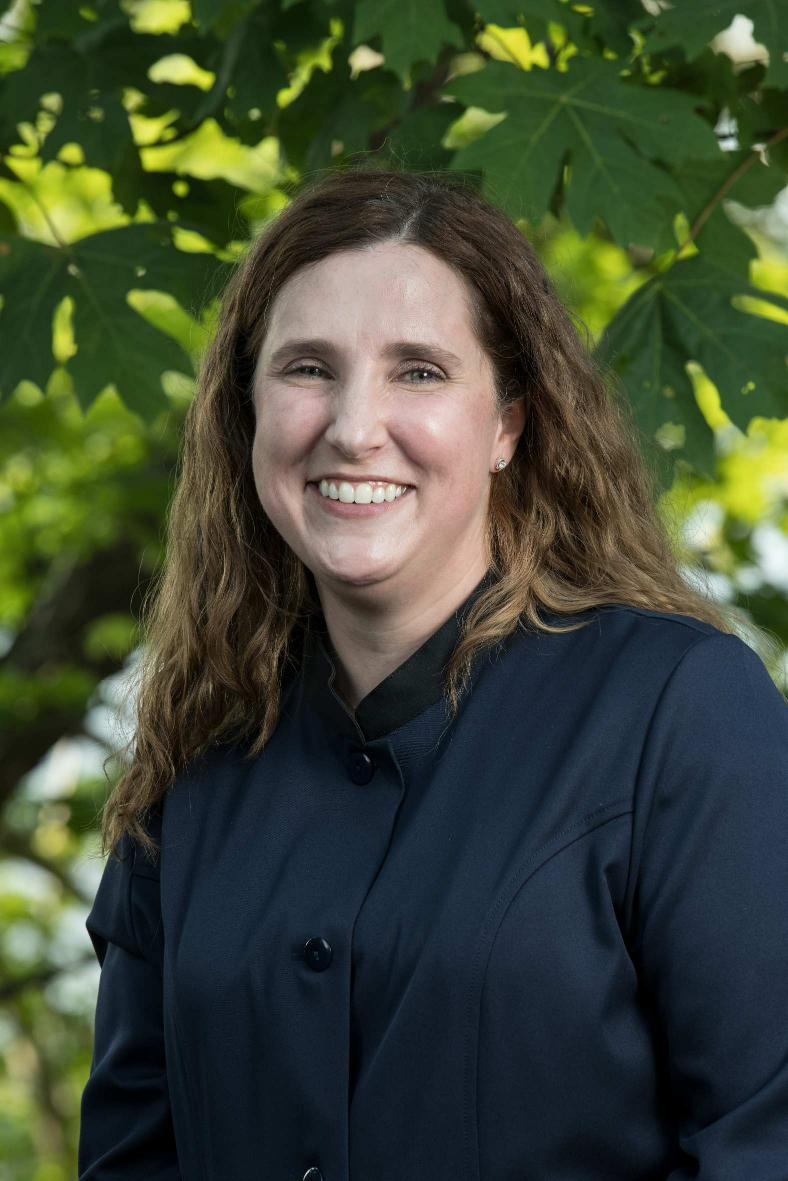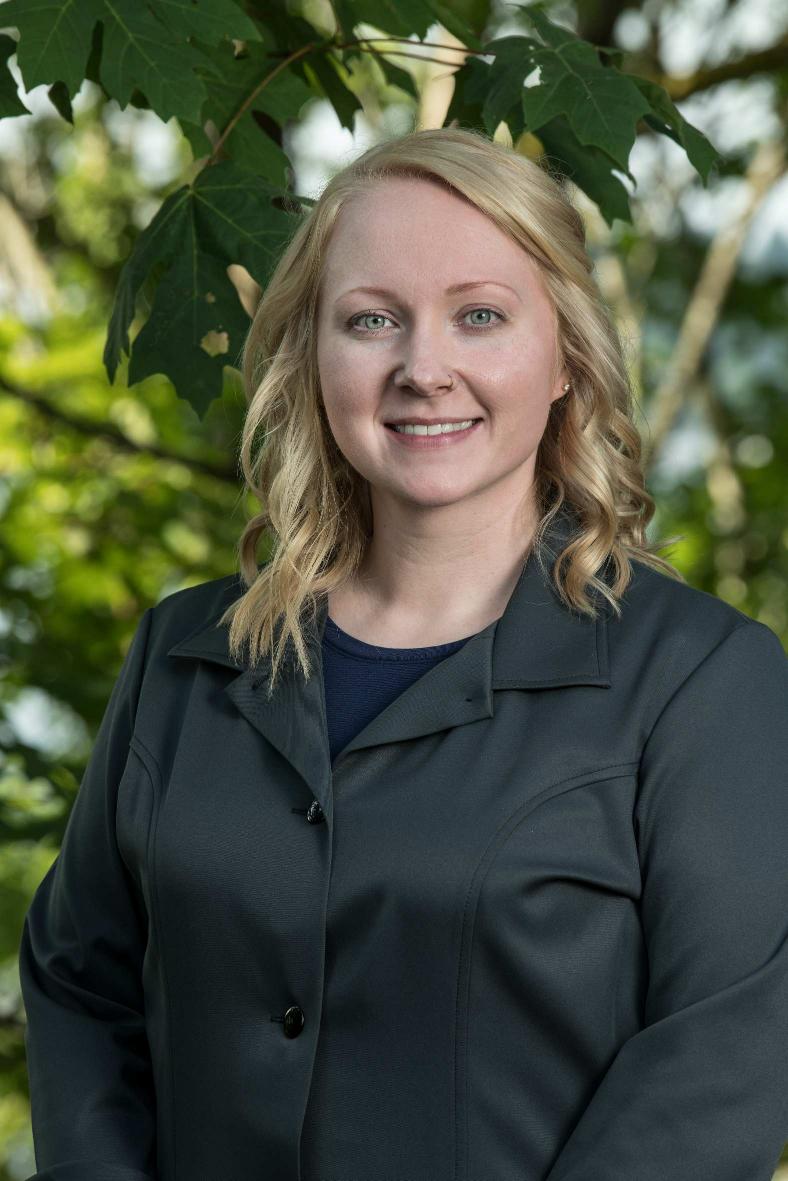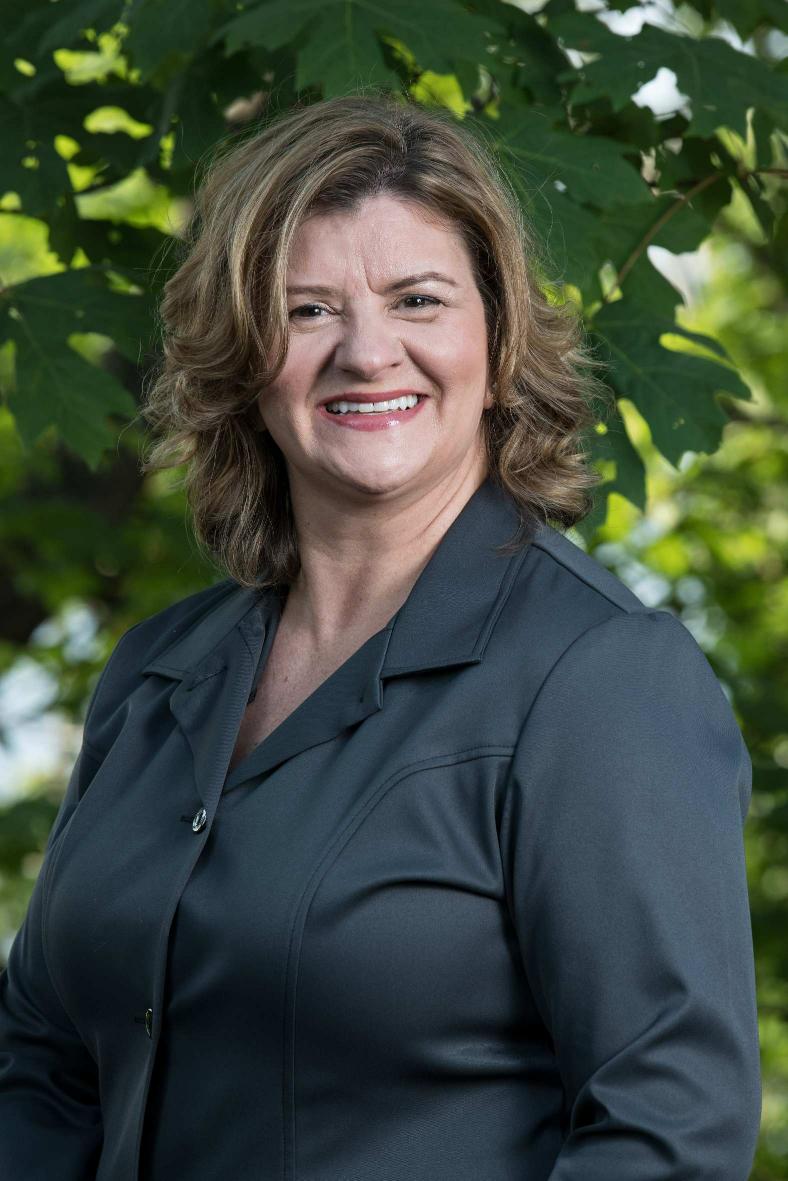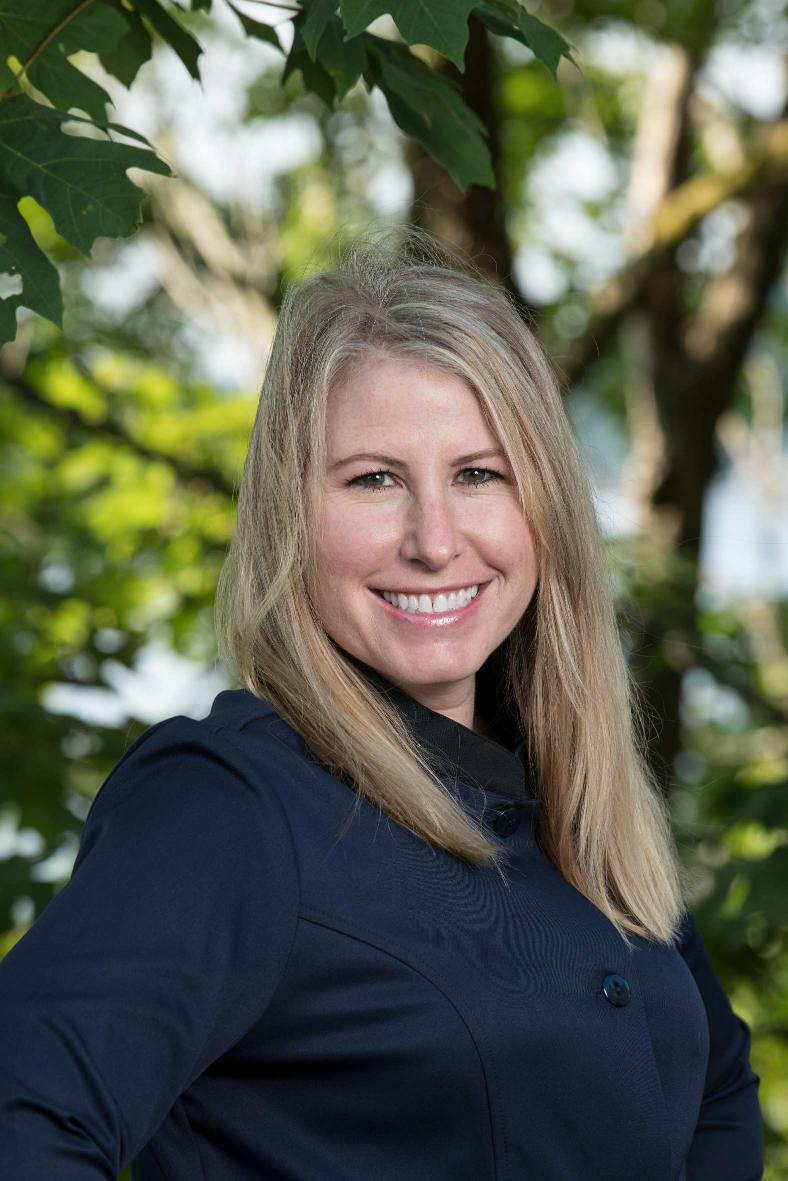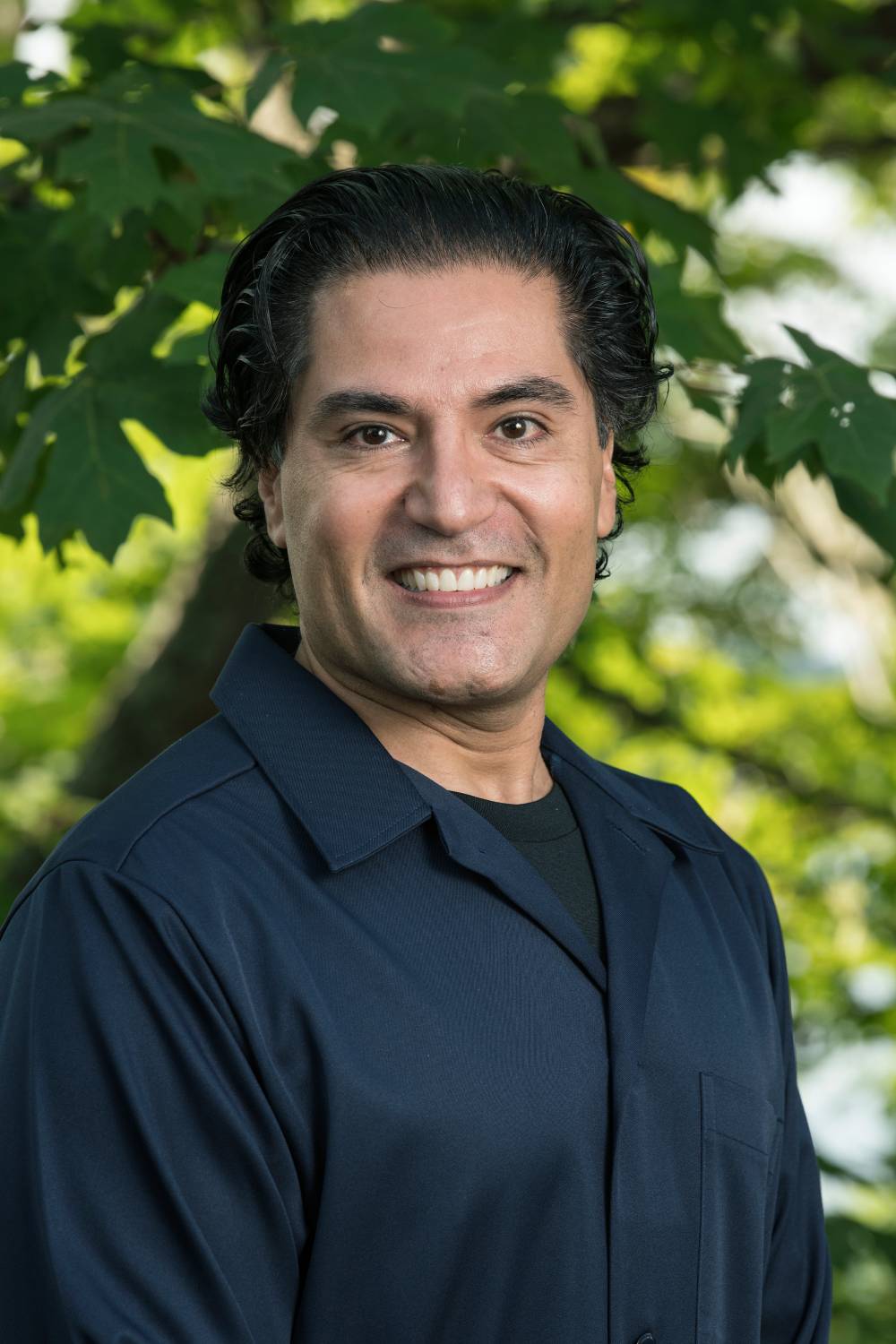Sleep apnea disorder is characterized by the relaxation of muscles which can cause soft tissue to block the nasal airway, resulting in frequent pauses in breathing. The oxygen levels can go down when there are pauses in your breathing, leading to disruptions in your sleep.
Typical sleep apnea symptoms include snoring, gasping for breath, or choking sounds during sleep. Sleep apnea is more prevalent among men but can also occur in women, especially after menopause. The disorder can be treated either surgically or non-surgically.
Reasons for Sleep Apnea
- Obesity causes the narrowing of the airways.
- Obstructive sleep apnea is pretty common among people with a family medical history.
- The airflow in a person can be directly affected by the size and positioning of the neck, jaw, tongue, and soft tissues near the throat.
- When the tissues of the throat relax, it becomes easier for the airway to become obstructed.
- Excessive use of sedative medicines.
- Heavy smoking is also one of the contributing factors.
- The blockages can happen when you sleep on your back, making it easier for tissues to fold around the airways.
Symptoms of Sleep Apnea
- A patient may snore loudly
- Headaches in the mornings
- Getting up from sleep gasping for air
- A patient can stop breathing during sleep
- Dry mouth after you wake up
- Breathing obstructions during sleep
- It may cause insomnia.
Oral Appliances for Treating Sleep Apnea
Dentistry plays a very crucial role in addressing sleep apnea. Once you have been diagnosed with sleep apnea, we can give you more information about sleep apnea and the various options available to treat it. We may suggest the wearing of oral appliances such as a mouthguard. The mouthguards can help ease moderate sleep apnea symptoms and help realign the jaw to the correct position. It works by decreasing the strain on the muscles that cause the airflow disruption.
At Amin Tabatabaian DDS PLLC, we provide customized oral appliances made from hard to soft, flexible materials. We capture impressions of the oral cavity and use them to fabricate the mouthguard at a dental lab. Care is taken to ensure a correct fit for your teeth and that the appliance does not shift around during sleep and is as comfortable as possible. After final adjustments are made, the mouthguard is delivered to you.
To learn more about our sleep apnea treatments, visit our office, Amin Tabatabaian DDS PLLC, at 5701 Northeast Bothell Way Suite 3, Kenmore WA, 98028. You can also reach Dentist Kenmore WA at (425) 486-9233 and schedule an appointment.
